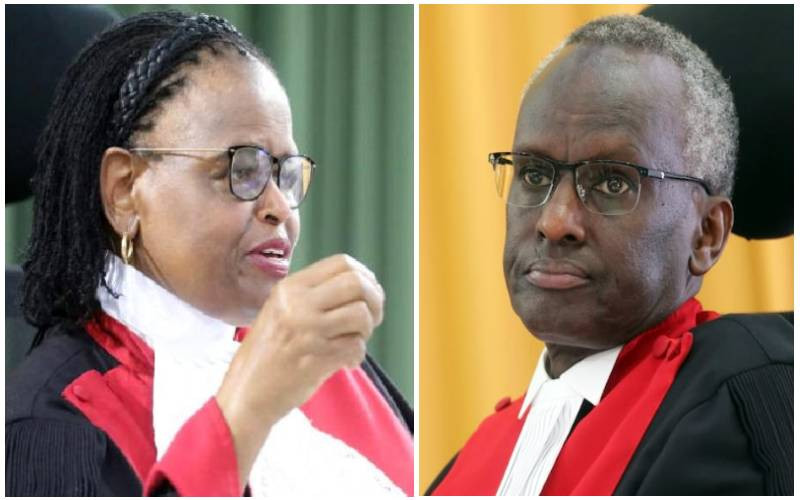×
The Standard e-Paper
Join Thousands Daily

Five out of seven Supreme Court judges on February 24, 2023 made their determination on gay rights in Kenya.
Three of the judges - Philomena Mwilu (Deputy Chief Justice), Smokin Wanjala and Njoki Ndung'u - ruled that the NGO Board's decision to bar gays from forming groups was unfair, stating that despite homosexuality being illegal in Kenya, they still have a right of association.